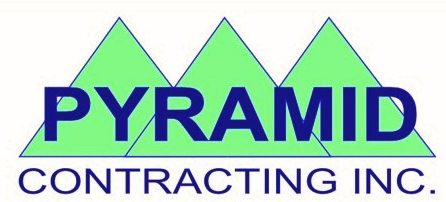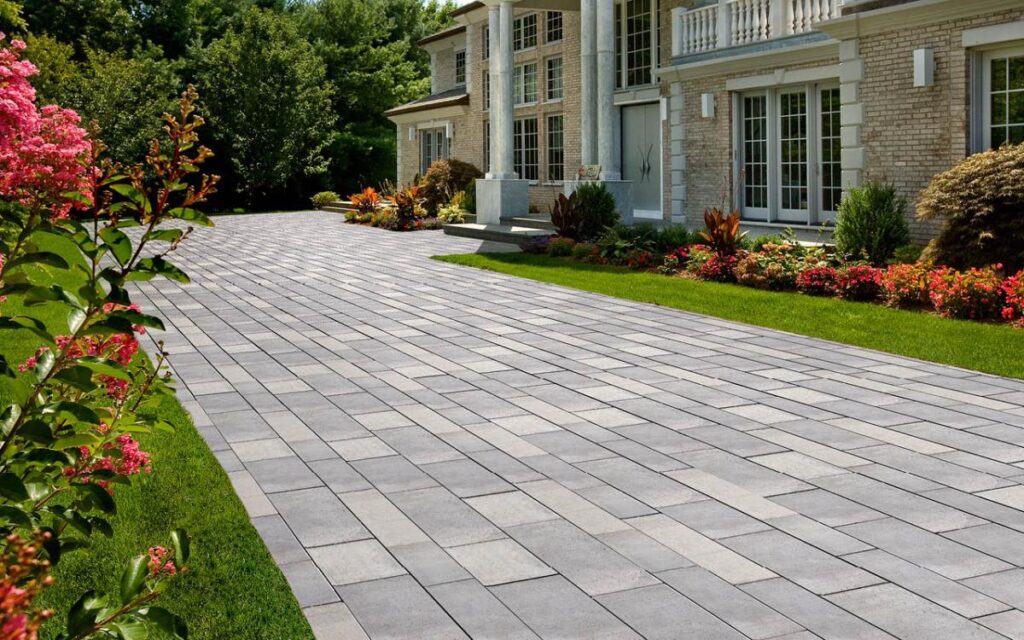Concrete pavers can be used to create all sorts of flat surfaces. Sidewalks, garden paths, patios, steps and driveways can all be made using this versatile building material. But what are the pros and cons of concrete pavers? In this post, we’ll compare and contrast to give you a better idea of how useful concrete pavers will be in your situation.
Durability
When it comes to durability, concrete pavers fall into the pro category. Part of this has to do with how they’re manufactured and part of it has to do with how the pavers interact with each other once they’ve been installed. Concrete pavers are composed of a mixture of cement, sand, gravel, water and colour. The mixture is vibrated in molds which causes compression and increases the density. What results are uniform blocks of high-strength concrete which can withstand more than twice as much force as regular poured concrete. The surface created when laying down concrete pavers is composed of numerous pieces which allow for better weight distribution and greater stability. The spaces between concrete pavers also allow for shifting to occur during temperature changes and reduces the chances of cracking.
Installation
Installing a surface composed of concrete pavers may require more labour than a similar-sized concrete pad because of the need to individually install large numbers of pieces. However, this quality also allows for creativity and imagination to come into play. Concrete pavers are available in a wide variety of shapes and colours which can be arranged to create a veritable work of art. Also, as opposed to poured concrete, concrete pavers don’t require any curing time after installation. This means they can be used as soon as installation is complete.
Maintenance
Another quality of concrete pavers that makes them so appealing is the ability to replace individual pieces as they become damaged. Similar-sized patches of cracked or damaged poured concrete or asphalt could require the replacement of the entire pad. Routine maintenance of concrete pavers is generally minimal with only an occasional hosing down, sweeping or scrubbing needed to keep them clean. Weeds that poke through the cracks can be removed as they appear or sprayed with weedkiller. The lifespan of concrete pavers can also be extended by regularly applying a protective sealant.



